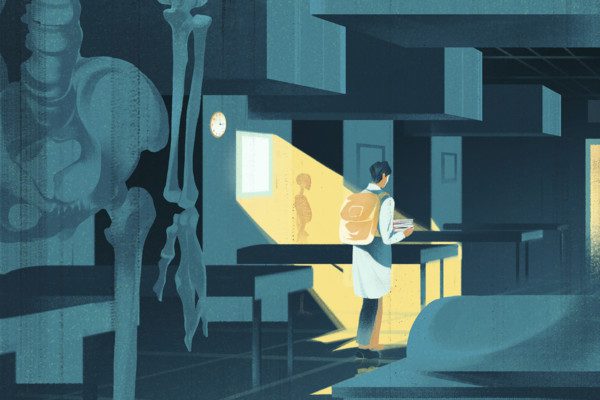The importance of public education goes beyond gaining knowledge
The case for state support of public universities has historically rested largely on their contribution to the labor force. And to be sure, that contribution is a valuable one.
But there is growing recognition of the value provided by public higher education institutions as engines of upward mobility, producing middle-class taxpayers who contribute to states’ long-term financial wellbeing.
The latest reflection of this new understanding comes in the most recent rankings by US News and World Report, the holy grail of college and university rankings. In a little-noticed change in its method of assessing graduation, US News added greater weight to economic mobility by measuring the graduation rates of students who received federal Pell grants. Although these grants can go to students from families with incomes of up to $50,000, the lion’s share of them are in households with $40,000 or less in annual earnings.
The Brookings Institution actually quantifies the upward mobility factor by comparing a theoretical post-college income based on family income, ethnicity, first generation status, gender, and academic preparedness, with the income that graduates actually achieve.
The University of Massachusetts Boston is one example of the way in which this analytical trend captures an important measure of an institution’s value—to students and families, state finances and (in the case of UMass Boston since most of its graduates stay in Massachusetts) the regional economy. UMass Boston graduates the highest proportion of first-generation students in the UMass system and the most ethnically diverse student body, even though its students come from families with the lowest median incomes. Ten years after graduation, UMass Boston alumni make approximately the same as their Amherst and Lowell counterparts—$47,000 compared to about $50,000.
In the new US News rankings, UMass Boston, which has the highest proportion of Pell recipient in the UMass system, climbed a dramatic 11 spots. Out of a possible 100 in the Brookings Institution’s scoring, UMass Boston earns a 78, placing it second among Massachusetts public universities, and tied with peers like the University of Illinois at Chicago. This may be one reason why the freshman enrollment at UMass Boston surged this Fall, producing the largest first year class in the university’s history.
Maintaining the nation’s engines of upward mobility depends on the support of state governments. Yet, across the country, state support for higher education is not keeping pace with its cost (or even the low rate of inflation).
Between fiscal 2017 and 2018, the growth of state support slowed to 1.6 percent, with 19 states reporting actual declines in support, according to the Grapevine survey conducted by Illinois State University’s Center for the Study of Education Policy and the State Higher Education Executive Officers Association.
When states step up, families are the big winners. But so are the states themselves when graduates join the ranks of employees and taxpayers. This virtuous cycle is precisely why higher education is the best possible investment in the long-term prosperity of individuals, families and state governments.
Katherine Newman is the Torrey Little Professor of Sociology and Interim Chancellor of UMass Boston.


